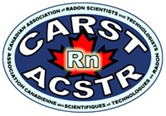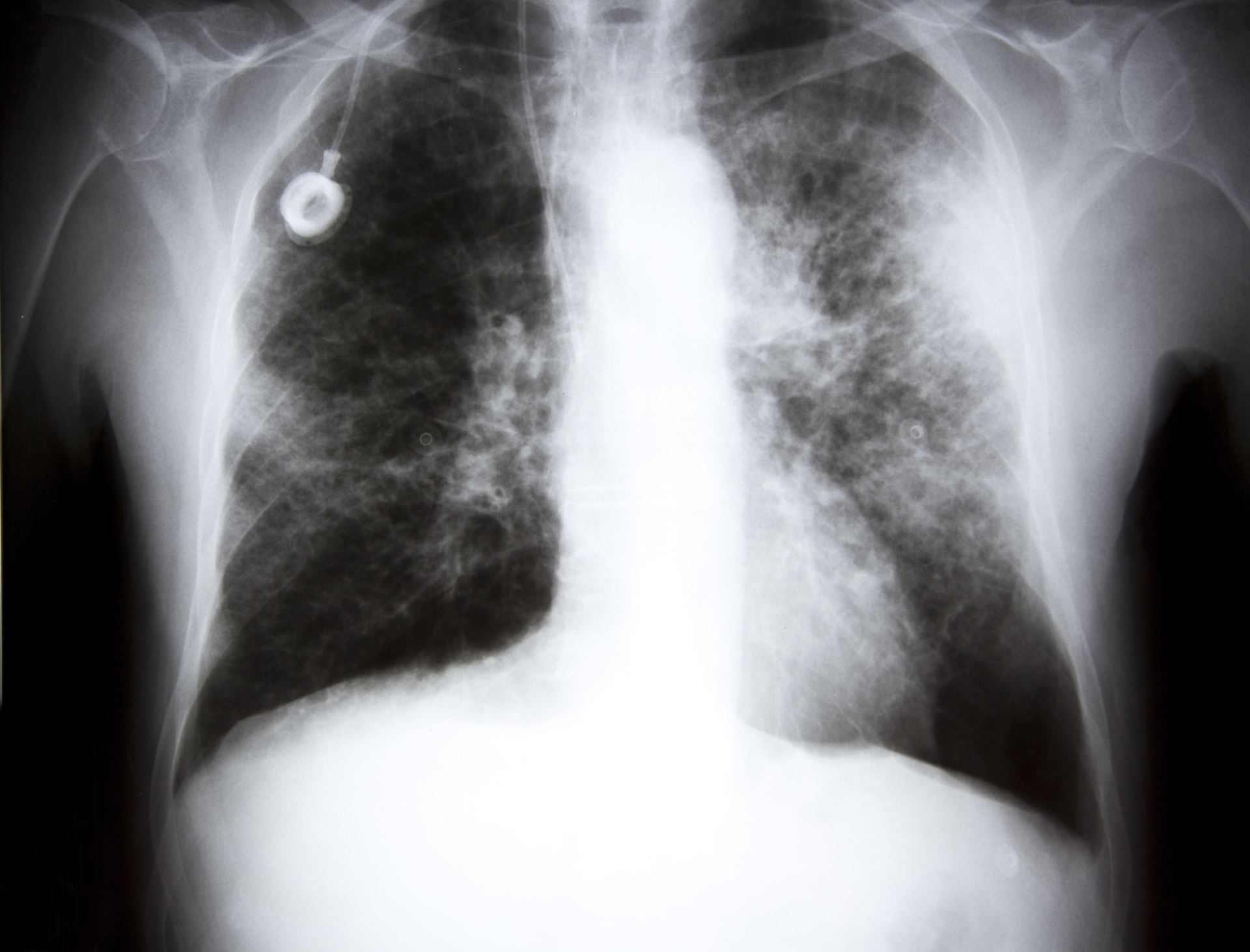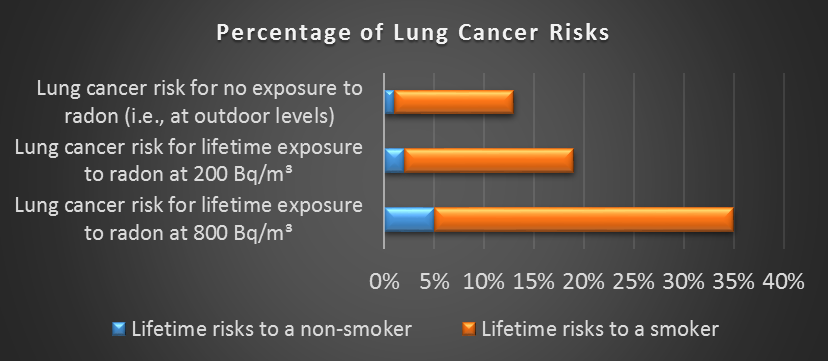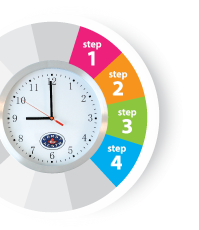 Canadian Association of Radon Scientists and Technologists Helping Canadians Reduce Radon Risk |
Did you Know?
Over 3000 Canadians die each year due to radon-related lung cancer.
LUNG CANCER isn't just for SMOKERS LUNG CANCER is PREVENTABLE
If you test your home for radon, you may be able to claim the cost of the test on your income tax. See more information below.
Do you wear a seatbelt? Do you try to eat well?
Do you reduce your exposure to pollutants?
If you protect your families from these things, you MUST consider your RADON EXPOSURE too.
More Canadians die every year from radon-related lung cancer than from texting and driving accidents.


The link to smoking and lung cancer is well-known, however, few people recognize that non-smokers can develop lung cancer.
When a person (or animal) breathes in radon they have a risk of developing lung cancer. As the amount of radon increases and the duration of time exposed increased, the risk of lung cancer increases.
Radon decays and releases alpha energy which impacts the cells in the lung and can initiate lung cancer.
Reduce radon levels in your home to reduce lung cancer risk.
Want to understand more about why radon is a health risk?
Click here to go to Health Canada's Website.
Click here to find other organizations talking about radon.
Statistics Canada survey showed only 9% of Canadians who heard of radon have tested their home for radon and yet, testing for radon is one of the easiest ways to prevent lung cancer.
Households and the Environment: Radon awareness and testing, 2021
Les ménages et l'environnement : Connaissance du radon et tests, 2021
|
Smokers need to reduce their RADON exposure, too. Smokers, you can reduce your lung cancer risk, by reducing your radon exposure. The combined effect of smoking and high radon levels, greatly increases your risk of lung cancer compared with smoking alone.
|
NON-SMOKERS: When exposed to a lifetime of radon at 200 Bq/m3, a NON-SMOKER has a 1% chance of being diagnosed with lung cancer. When exposed to a lifetime of radon at 800 Bq/m3, a NON-SMOKER has a 5% chance of being diagnosed with lung cancer. | SMOKERS: When exposed to a lifetime of radon at 200 Bq/m3, a SMOKER has a 12% chance of being diagnosed with lung cancer. When exposed to a lifetime of radon at 800 Bq/m3, a SMOKER has a 33% chance of being diagnosed with lung cancer. |
KNOW YOUR RADON LEVEL
Purchase a radon test, or hire a professional. Start a test in your home. Leave it for 91 days or more. Return it to a Lab for Analysis. If your test your home and find high levels - they can be fixed. Find more information on radon testing here. |
A Healthy Home is a mitigated home! Effective, Efficient, Necessary - Install a Radon Mitigation System Radon levels are reduced with radon mitigation. The most effective method of radon mitigation is using a Active Soil Depressurization (ASD) system.
|
The Canadian Revenue Agency has confirmed that an employee (salaried and commission) may deduct a portion of the cost for radon testing (for example, a radon test kit or the services of a radon measurement professional) as a work-space-in-the-home expense, as such costs are incurred for the maintenance of the home and this same inclusion is extended to a self-employed individual. However, where it is determined that a radon mitigation system is needed at the employee’s home, the cost of such equipment (including installation), cannot be deducted because the amount is on account of capital. |
|




 Test for Radon
Test for Radon
